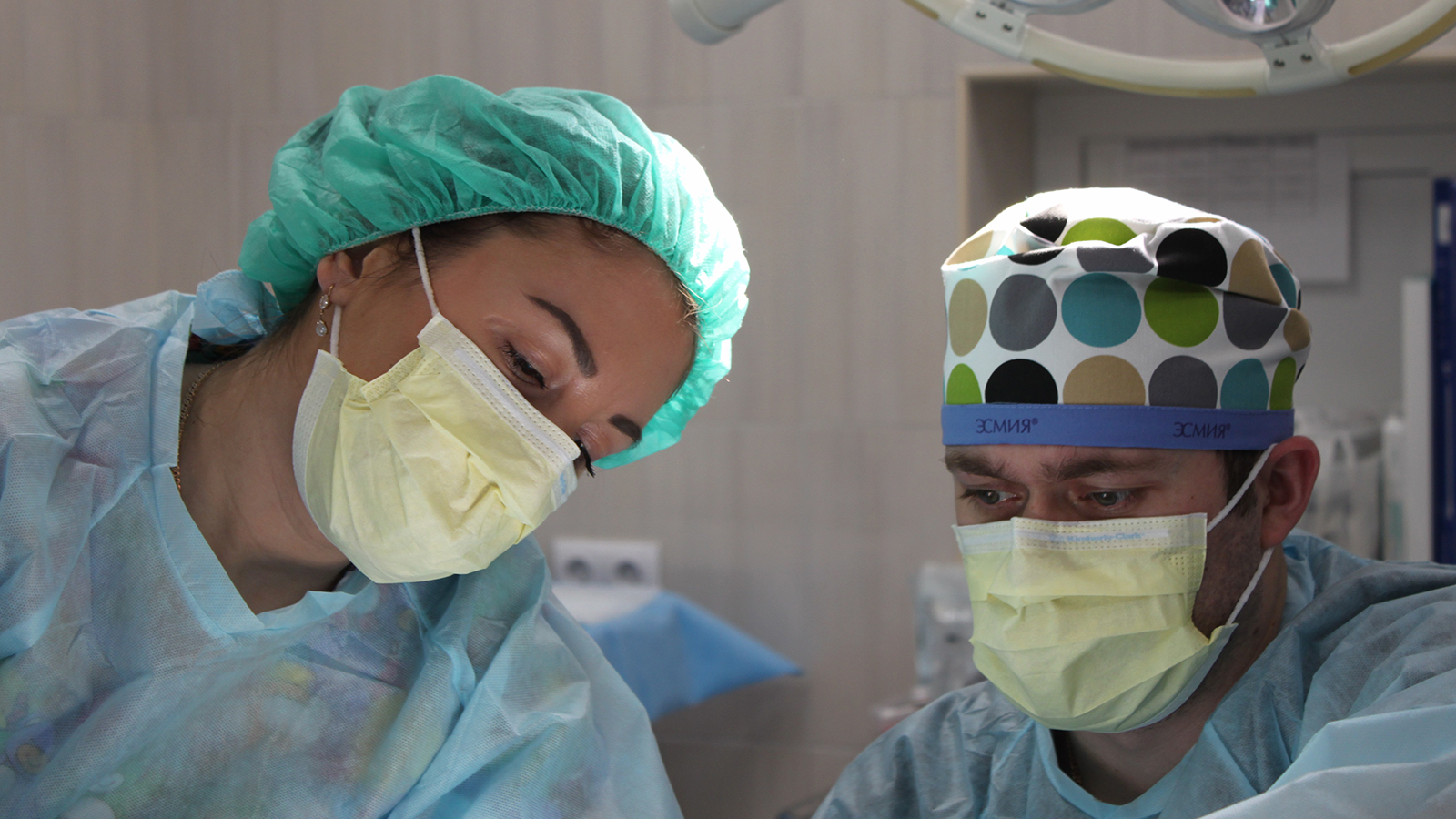Had the bill not been vetoed, it would have let nurses who have logged 3,840 clinical hours with a doctor or dentist to obtain an advanced license, allowing them to practice autonomously of doctors. | Павел Сорокин/Pexels
Had the bill not been vetoed, it would have let nurses who have logged 3,840 clinical hours with a doctor or dentist to obtain an advanced license, allowing them to practice autonomously of doctors. | Павел Сорокин/Pexels
State nursing board chair Peter Kallio has resigned in protest of Gov. Tony Evers' veto of legislation that would have permitted specific nurses to practice independently.
Had the bill not been vetoed, it would have let nurses who have logged 3,840 clinical hours with a doctor or dentist to obtain an advanced license, allowing them to practice autonomously of doctors, Madison.com reported. Several groups of doctors were against the bill, claiming that it would leave patients without the care of doctors with more experience.
"You and your administration know very little about the day-to-day work of advance practices nurses in Wisconsin," Kallio, whose term as chair would have expired July 1, said in his resignation letter to Evers. "I can no longer continue, when I know that the support of the state government leadership is not supportive of its 90,000 nurses."
Many nurses were for the bill, believing it would have giving people in rural, tribal and urban areas the opportunity for safe, quality health care at better prices, Madison.com reported.
"I object to altering current licensure standards for APRN's, allowing practices functionally equivalent to those of physicians or potentially omitting physicians from a patient's care altogether," Evers said in his veto message.
Kallio said in his resignation that nurses had already been given more autonomy due to an emergency protocol in response to COVID-19, and there was no evidence of patient care having suffered for it. At the time of writing his letter, 25 states had already enacted legislation allowing advanced nurses more independence, with more states considering following suit.
The Wisconsin Nurses Association reported that of the 94,000 registered nurses in the state, 8,000 of them have earned an advanced degree and are working in various capacities throughout Wisconsin.
Nursing groups recently held at a press conference on the issue at the Capitol, Madison.com reported. State Sen. Patrick Testin and state Rep. Rachael Cabral-Guevara, the authors of the legislation, spoke at the conference. Cabral-Guevara herself is a nurse practitioner.

 Alerts Sign-up
Alerts Sign-up